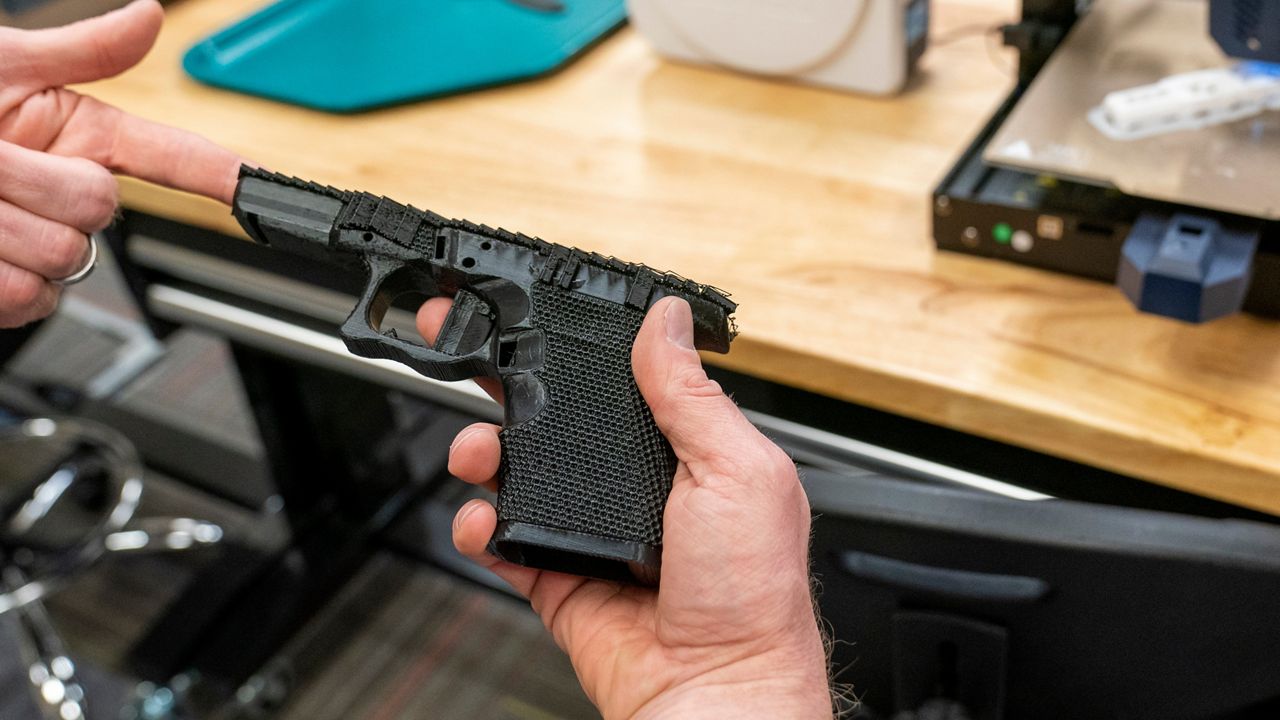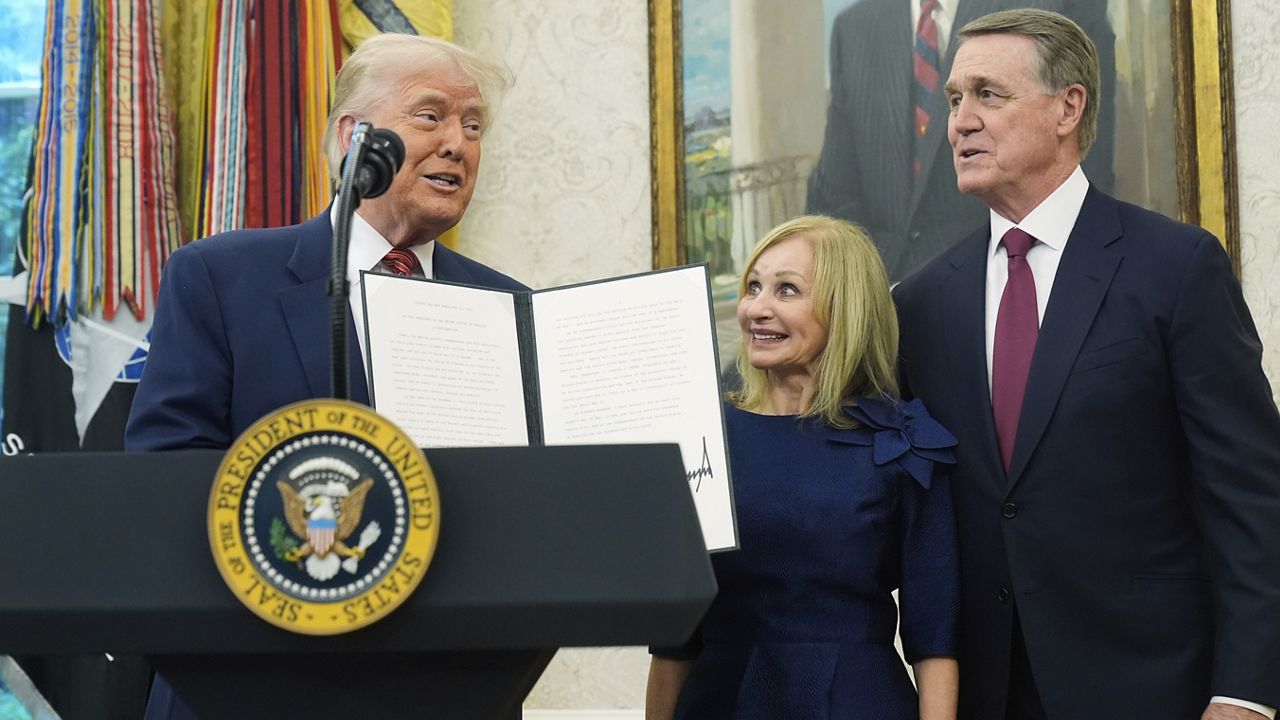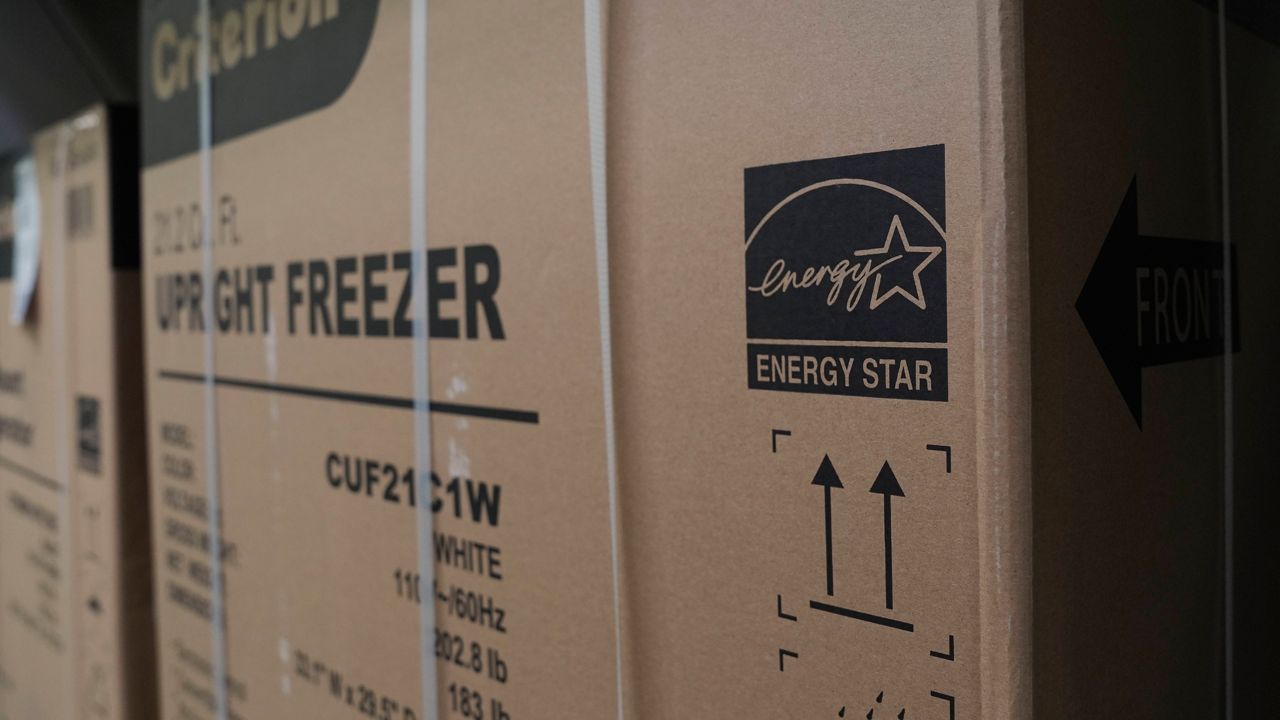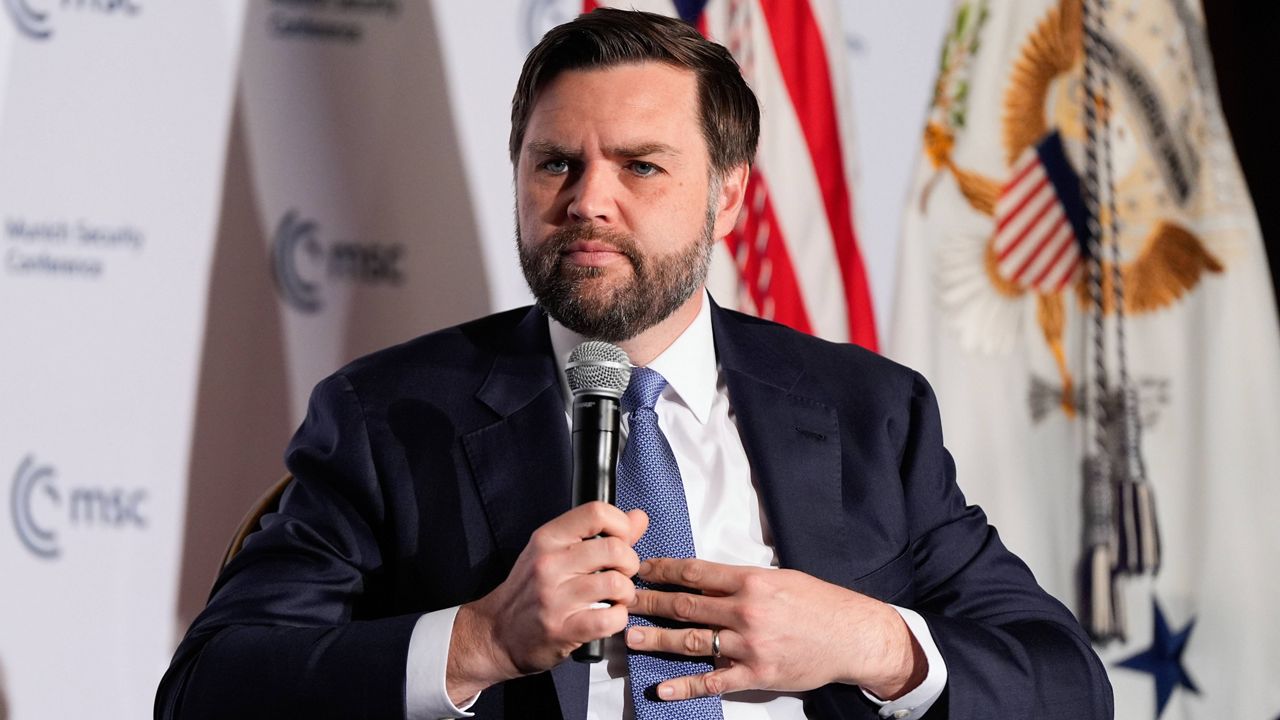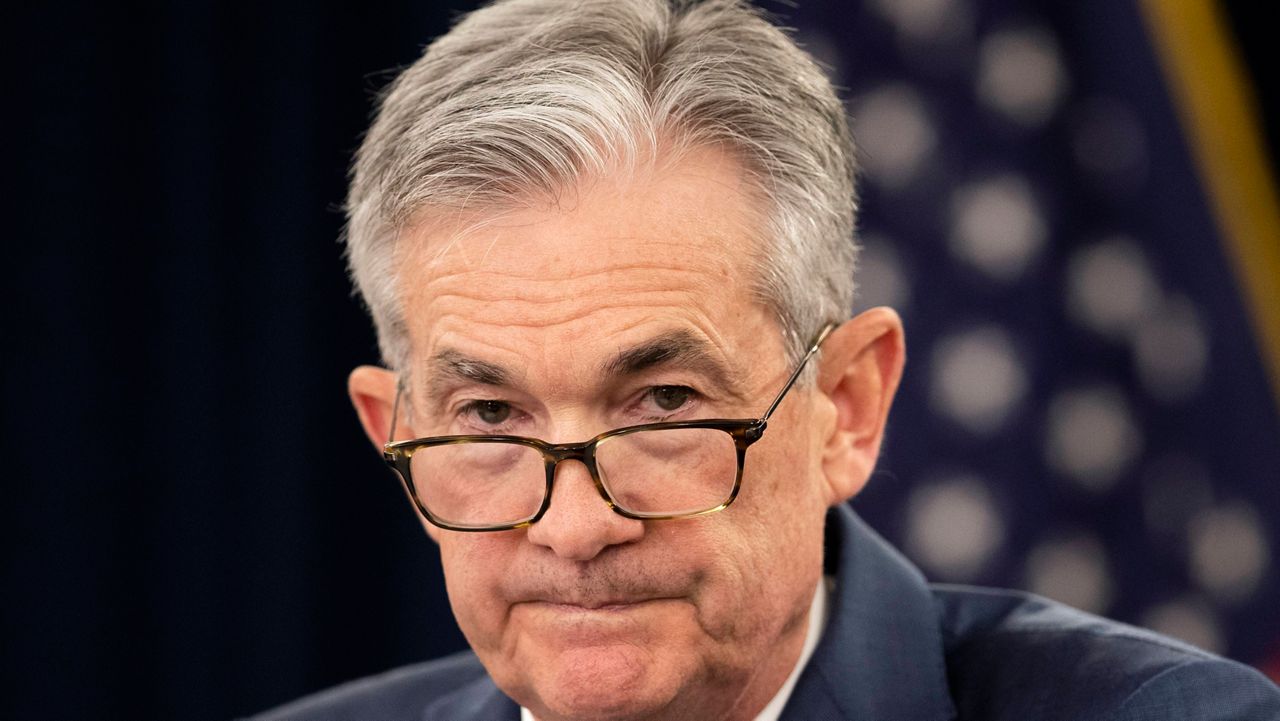The White House on Tuesday marked the two-year anniversary of President Joe Biden signing into law what is considered the most significant gun safety bill in decades with a new report detailing its implementation, days after mass shootings rattled cities across the nation over the first weekend of summer.
The report found that since Congress passed and Biden signed the Bipartisan Safer Communities Act in June 2022, more than 500 people have been charged with gun trafficking and firearm straw purchasing crimes. The bill made such acts illegal for the first time.
The sweeping gun legislation’s requirement for enhanced background checks by the FBI, the report found, has stopped more than 770 sales of firearms to people under the age of 21, representing a 25% increase in denials. Of the last nine deadliest mass shootings since 2018, the report notes, six have been carried out by people under 21.
“We've seen a 25% increase in denials of attempted purchases and we think those denials, every single one of those, has prevented a mass shooting, an individual harm or maybe even harm to that youth themself,” said Gregory Jackson, the deputy director of the first-ever White House Office of Gun Violence Prevention, created by Biden in 2023.
In an interview with Spectrum News on Tuesday, Jackson stressed the administration’s focus on not only seeking to implement targeted laws cracking down on guns but also designating funds to address the issue.
“It's also not just about regulations, it's also all about investments in life saving strategies,” he said. “The progress we've seen over the last few years have been a direct result of those major investments from the American Rescue Plan and the Bipartisan Safer Communities Act.”
Jackson noted the American Rescue Plan, a relief bill signed by Biden in response to the COVID-19 pandemic, designated billions for public safety in cities and towns while funds from the Bipartisan Safer Communities Act went directly to “went directly to mental health resources and services, like strengthening the 988 crisis Lifeline, investing in community based violence intervention, and also making the largest single time investment in youth mental health in American history.”
The 988 Suicide and Crisis Lifeline, Jackson said, has seen 9.6 million calls since the “strengthening and enhancement” of the service.
The report released on Tuesday details how $250 million from the 2022 bill and yearly budgets designated to the Community Based Violence Intervention and Prevention Initiative has already been used to fund nearly 80 organizations across the country to expand such programs.
About $85 million from the bill has been shelled out to more than 125 school districts in 18 states to help them identify and support students who need mental health care.
The Bipartisan Safer Communities Act, shepherded through Congress by Texas Republican Sen. John Cornyn and Connecticut Democratic Sen. Chris Murphy, came together in the wake of shootings in Buffalo, New York and Uvalde, Texas and is widely considered the most significant gun legislation since Congress passed a ban on certain semi-automatic weapons in 1994, which has since expired.
But Biden continues to call on Congress to pass a national red flag law, implement universal background checks and ban assault weapons and high-capacity magazines. Further action in the current Congress looks unlikely.
The president has also taken action himself to crack down on so-called “ghost guns” and recently announced a rule that seeks to expand background checks outside of guns sold at brick and mortar stores, closing the so-called “gun show loophole.”
But some of those actions, including the move on ghost guns, which the Supreme Court agreed to take up, face legal challenges.
Over the last few weeks, the high court – which expanded gun rights in 2022 – handed down two significant cases related to the issue. One struck down a former President Donald Trump-era ban on bump stocks, which allow semi-automatic weapons to fire rapidly, in a move that angered proponents of stricter gun laws. In the other case, the Supreme Court upheld a ban on domestic abusers owning firearms.
The report from the White House on the gun legislation also comes on the same day the U.S. surgeon general declared gun violence a public health crisis.
After an increase during the pandemic, violent crime decreased significantly in 2023 compared to the year before – murder was down 13%, for instance. But mass shootings rose last year to 656, according to the Gun Violence Archive. That figure for 2023 marked 242 more mass shootings than in 2019 and 384 more than in 2014, according to the same organization.
The Gun Violence Archive has recorded 249 mass shootings six months into 2024 – less than half the 656 figure for 2023. But summer, studies show, has typically brought an increase in violence and shootings.
And the first weekend of the season brought a wave of gun violence around the country, including shootings in Arkansas, Ohio and Alabama.
Spectrum News' Daniel Grimes contributed to this report.


